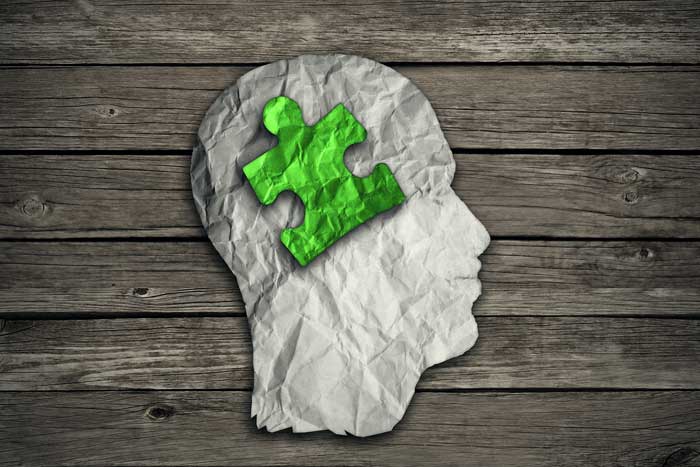 Over the years, the disease of addiction has taken on many definitions and many negative stereotypes. We’ve heard it’s a ‘lack of control’ or a ‘willpower issue’ – but thanks to scientific research about drug addiction, we now understand that the disease of addiction is really a disease of the brain.
Over the years, the disease of addiction has taken on many definitions and many negative stereotypes. We’ve heard it’s a ‘lack of control’ or a ‘willpower issue’ – but thanks to scientific research about drug addiction, we now understand that the disease of addiction is really a disease of the brain.
Even with the widespread awareness we’ve gained from 12-Step programs, the negative stereotypes and societal beliefs about addiction still surface. People suffering from addiction have been pegged as delinquents, criminals, unemployed, dirty, homeless, junkies, free-loaders, and more. The truth is that addiction has not, will not, and does not discriminate. Those diagnosed with the disease of addiction are just like us. They are dads, soccer moms, high-powered executives, business owners, country club members, and more.
To simplify, the disease of addiction can be defined as “a chronic brain disease that causes people to lose their ability to resist a craving, despite negative physical, personal, or social consequences” (The Anatomy of Addiction, n.d.). When someone who is addicted to alcohol or drugs uses the substance, chemicals travel through the blood to key brain regions that generate the feel-good or ‘high’ feeling. Over time, the brain figures it needs more of the substance to reach the high. As tolerance develops, the person must take more of the substance to feel normal. At this point, their body is dependent on the substance to maintain stasis. When they try to stop using the substance, their body rebels and manifests powerful withdrawal symptoms.
Someone suffering from addiction deserves and needs professional help to overcome it and learn how to manage life in recovery.


